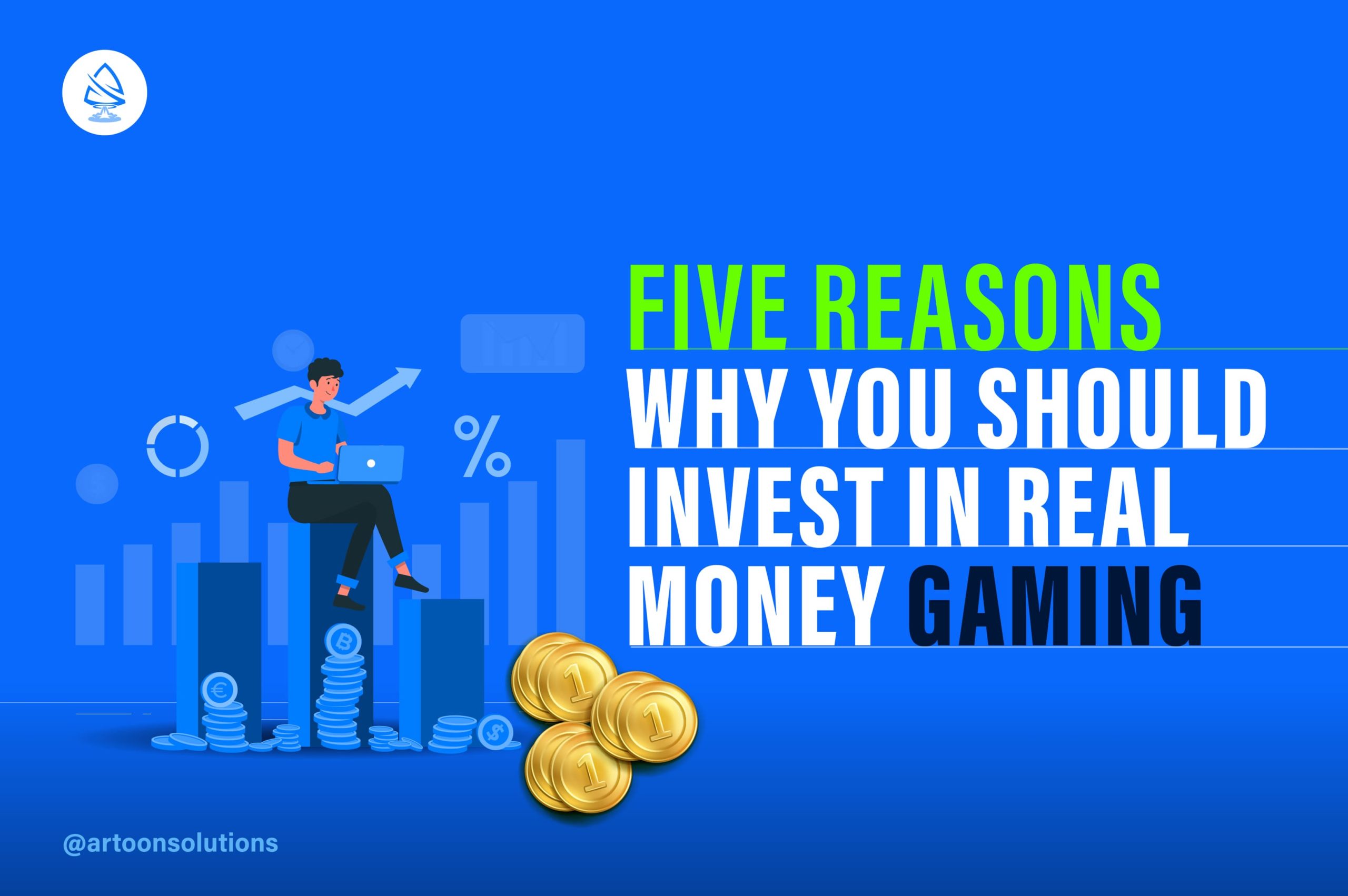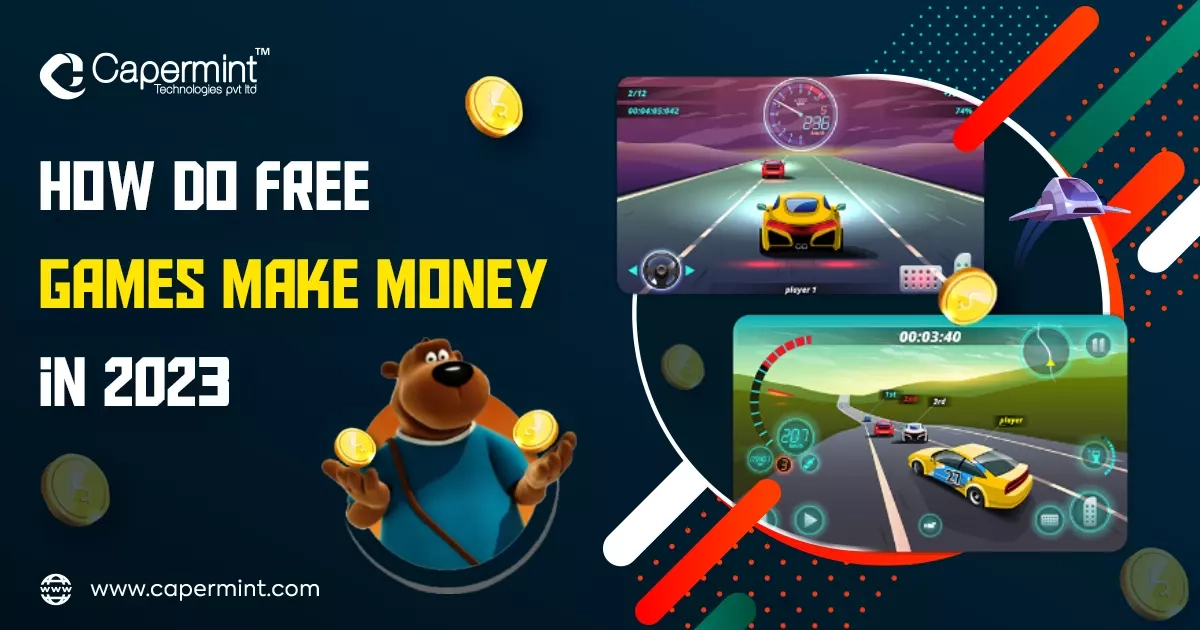Why Play-to-Earn Games Are the Future of Online Amusement
The introduction of play-to-earn video games is reshaping the on-line home entertainment landscape by integrating economic incentives that enable players to monetize their interaction in immersive virtual environments. This version, underpinned by blockchain innovation, not only improves gamer fulfillment with concrete incentives but likewise promotes a feeling of neighborhood and possession. As conventional video gaming paradigms are challenged, the effects for both developers and consumers are profound, questioning about the future characteristics of the video gaming market and its possible to redefine enjoyment as we understand it. What does this mean for the next generation of players and creators?
The Rise of Play-to-Earn Versions
Recently, the principle of play-to-earn versions has actually acquired substantial traction, transforming the landscape of online home entertainment. This ingenious technique allows gamers to produce real-world revenue via their participation in pc gaming communities. Unlike typical pc gaming versions that largely concentrate on home entertainment and consumerism, play-to-earn video games integrate blockchain innovation to make it possible for gamers to make copyright or digital assets that hold intrinsic value.
The increase of these versions can be credited to numerous factors, including innovations in innovation, the increasing approval of cryptocurrencies, and an expanding need among players for more rewarding experiences. Gamers are no more simply passive customers; they are active participants who can monetize their skills and time (play to earn games). This change has actually created new chances for game programmers to craft immersive experiences that incentivize interaction and creativity
In addition, the global pandemic has actually sped up the passion in online video gaming as a feasible income, additional strengthening the appeal of play-to-earn frameworks. As an outcome, a varied array of games across different categories is arising, each offering distinct mechanics and incentives. The play-to-earn model is poised to redefine the gaming market, promoting a community-focused setting where gamers can thrive both socially and financially.
Economic Motivations for Players
Earning tangible benefits has actually come to be a significant driving force behind the appeal of play-to-earn games, drawing in a diverse player base eager to take advantage of their video gaming abilities. Unlike traditional gaming models, where gamers spend effort and time without monetary return, play-to-earn games supply an one-of-a-kind economic framework that enables players to monetize their gameplay.
In these atmospheres, players can earn cryptocurrencies, non-fungible symbols (NFTs), or in-game assets that can be traded or offered on various industries. This direct economic reward not only boosts gamer involvement however likewise promotes a feeling of ownership over their electronic possessions. Players are inspired to invest more time and energy into gameplay as their abilities equate right into real-world worth.

Area Engagement and Growth
A lively area is essential for the success and longevity of play-to-earn games, as it cultivates collaboration, expertise sharing, and gamer retention. Energetic interaction among gamers boosts the gaming experience, urging them to develop partnerships, share techniques, and take part in discussions. This collective participation not only nurtures a feeling of belonging yet likewise drives players to spend more time and sources right into the video game.
Moreover, communities often become dens for content creation, with gamers creating tutorials, follower art, and gameplay videos. Such payments magnify the video game's presence and attract new players, consequently facilitating natural development. Designers can take advantage of area responses to improve gameplay mechanics and address issues, making gamers feel valued and purchased the video game's development.
In addition, community-driven events, such as events and collaborative missions, provide chances for players to display their skills and gain incentives, reinforcing their commitment to the video game. As gamers develop deeper links with each other, commitment to the game enhances, developing a lasting ecosystem that profits both gamers and developers. Thus, area interaction is not simply a device yet a foundation for the successful future of play-to-earn video games.
Assimilation of Blockchain Modern Technology
The combination of blockchain technology is transforming how play-to-earn video games run, enhancing both gamer experience and financial practicality. By using decentralized journals, blockchain makes certain that in-game properties are firmly had by gamers, enabling real ownership of electronic items. This contrasts greatly with standard gaming designs, where players spend money and time without keeping any type of insurance claim to their in-game accomplishments.
Smart contracts, a critical component of blockchain, apply and automate transactions game policies transparently. This lowers the threat of fraudulence and improves depend on between gamers and programmers. Gamers can trade, market, or lease their digital possessions in secondary markets, developing real-world economic possibilities Gaming platform with rewards that were previously unattainable in standard pc gaming settings.
Additionally, blockchain modern technology promotes a vibrant ecological community where programmers can incentivize gamer participation via token benefits. This ingenious economic design equips gamers, straightening their interests with game designers, and ultimately leading to even more lasting and engaging pc gaming experiences.
Future Trends in Gaming Industry
Quick developments in technology are poised to improve the pc gaming industry in the coming years, with a number of crucial fads arising as frontrunners. One famous fad is the increase of immersive modern technologies, such as virtual fact (VR) and increased fact (AR), which are set to redefine gamer experiences by producing more interactive and appealing atmospheres. As equipment capacities improve and costs decrease, these innovations will end up being a lot more easily accessible to a more comprehensive audience.

Additionally, the play-to-earn model is expected to acquire traction, equipping players to monetize their video gaming abilities and time. This paradigm shift will certainly not only attract a brand-new group of players yet also foster a more sustainable gaming community. Jointly, these patterns indicate a transformative period for the video gaming market, where technology and player involvement converge to produce unequaled home entertainment experiences.

Final Thought
Play-to-earn video games are positioned to transform on the internet home entertainment by promoting economic rewards that enhance gamer involvement and ownership. The assimilation of blockchain innovation not only promotes the monetization of video gaming experiences but also cultivates dynamic areas. As the video gaming landscape continues to evolve, the emphasis on energetic engagement and financial incentives will likely drive additionally technology, strengthening the duty of play-to-earn models as a substantial force in the future of the pc gaming market.
Unlike standard video gaming models that largely focus on home entertainment and consumerism, play-to-earn video games include blockchain modern technology to allow players to earn copyright or electronic properties that hold intrinsic value.
The play-to-earn design is positioned to redefine the gaming sector, fostering a community-focused environment where gamers can grow both socially and financially. play to earn games.
As players develop much deeper connections with one another, commitment to the game raises, developing a sustainable ecosystem that benefits both gamers and programmers.Furthermore, the play-to-earn version is anticipated to get grip, equipping players to monetize their video gaming abilities and time. Jointly, these trends represent a transformative period for the gaming sector, where technology and gamer interaction converge to develop unmatched entertainment experiences.